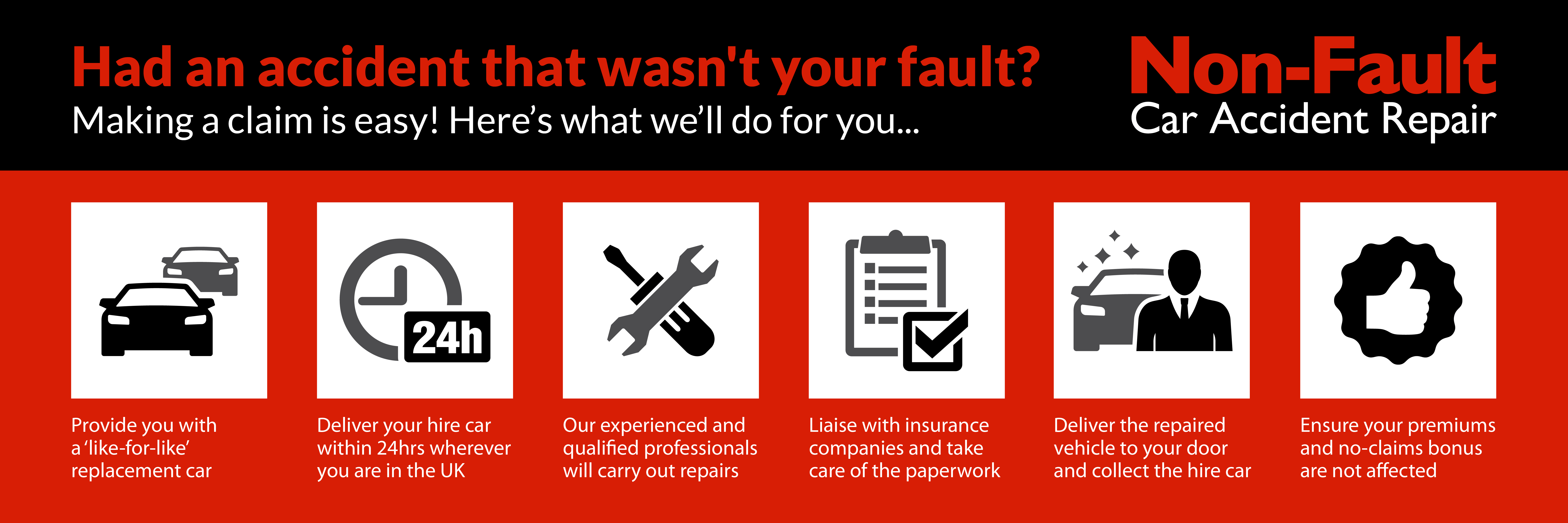Had an accident that wasn't your fault?
Start your claim here by completing our simple enquiry form
Google’s self-guided car could drive the next wave of unemployment
Google drives ahead
Advances such as the driver-less car are no longer the stuff of sci-fi. Companies such as Google are driving technology beyond the web and almost without noticing it, our world crossed a significant threshold last week.
Jerry Brown, the governor of California, signed into law a bill that will allow driver-less cars on to his state’s roads from 2015. Insofar as most people noticed this event at all, they probably sniffed derisively. For some, it’ll be seen as an example of techno-hubris – “flags on the moon stuff” – as one of my acquaintances put it. For others, it will be seen as yet another confirmation of the proposition that the continental United States slopes gently from east to west, with the result that everything with a screw loose rolls into California.
Governor Brown signed the bill at Google’s HQ in Mountain View. This was good PR on his part, but it also made sense because Google has led the charge into autonomous (aka driverless) vehicles. For several years, Toyota Prius hybrids that have been specially adapted by the company’s engineers have been driving the roads of California. To date, they have logged 300,000 miles with only one accident – caused by a human-controlled car that ran into one of them. And they have now logged 50,000 miles without a human having to take the wheel.
At the ceremony in Mountain View, Google’s co-founder, Sergey Brin, announced the company’s intention to bring autonomous vehicles to the market in five years. In a pre-emptive attack on critics, he pointed out that autonomous vehicles would be significantly safer than human-controlled ones. That seems plausible to me: 40,000 people are killed every year in road accidents in the US and many, if not most, of those are caused by human error. “This has the power to change lives,” Brin said.
Too many people are under-served by the current transport system. They are blind, or too young to drive, or too old, or intoxicated.
He also argued that manual operation of cars was inefficient: autonomous vehicles could make better use of the road and reduce the size of car parks by fitting into smaller areas than humans could get them into.
End article.
Had an accident that was not your fault? Want your car fixed without affecting your insurance renewal premium or no claims bonus? Click here and start your claim today.



